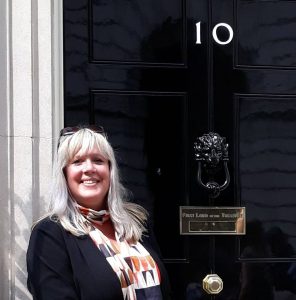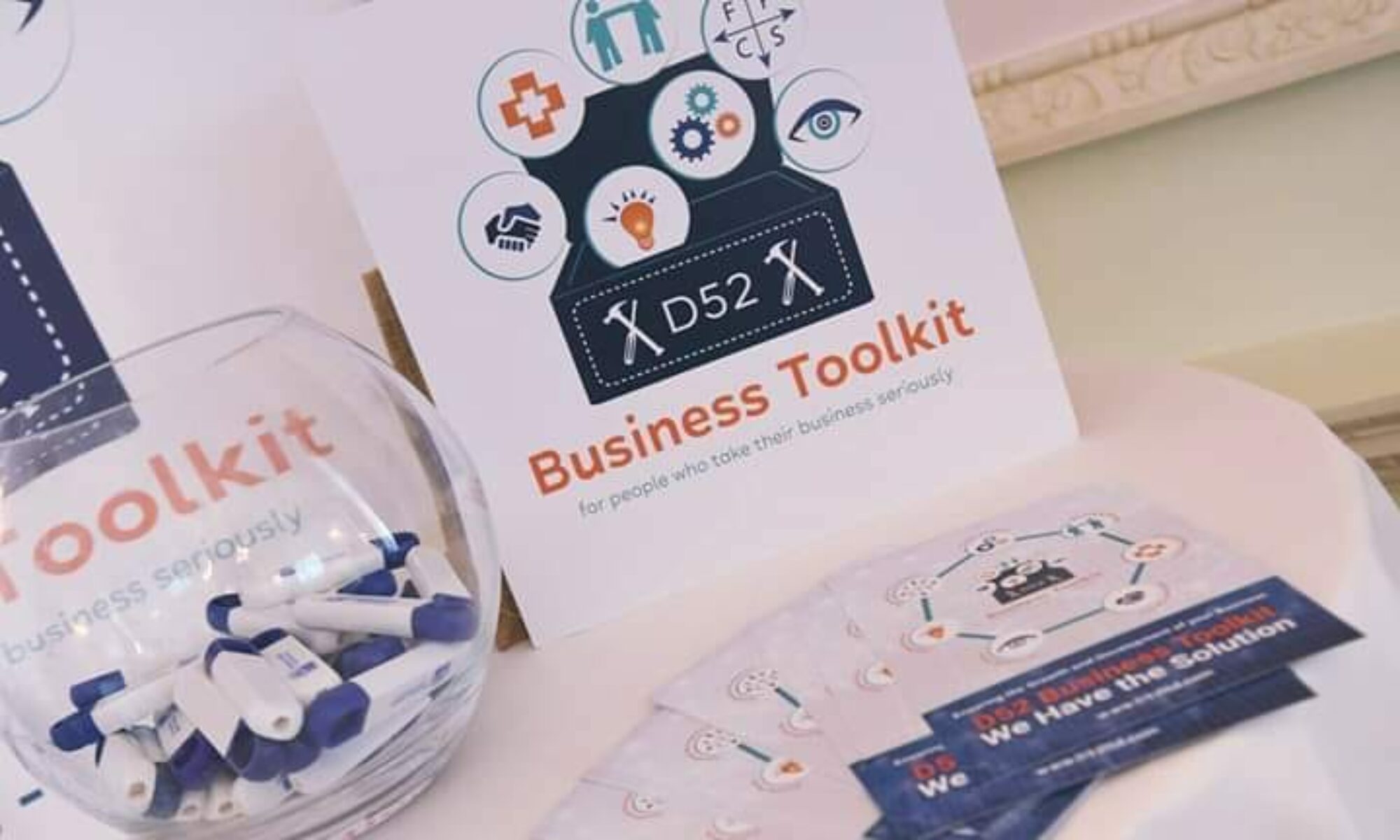Recently I went on a fabulous trip to London to Visit 10, Downing Street organised by Enterprise Nation.
We were encouraged to consider key areas to discuss with government that we felt would help small businesses to thrive. Having worked with businesses for 13yrs in a variety of capacities, I was passionate about how the VAT threshold was impeding growth and was focused that this was one of the main areas to discuss (along with several other ideas on my agenda). For those of you who know me, sticking to purely one idea was difficult, however in discussion with everyone else I was able to bring up at least 2 suggestions.
Firstly, With ERDF grant funding ceasing in 2020 I raised the issue of schemes that the government could embrace after BREXIT, in particular Growth Vouchers, which would show the government’s commitment to supporting post start-up (3-5yr +) businesses. I remain hopeful that this scheme will be re-introduced.
Secondly, I raised the issue of VAT reduction to 10%, (hear me out!) as this is the subject for this BLOG.
VAT: My thoughts – Don’t fall asleep
As many of you reading this are aware there are three main types of tax that are relevant to most organisations: income tax; National Insurance (NI); and Value Added Tax (VAT) and of course Limited companies are also liable to pay corporation tax. (Next time I’ll discuss corporation tax, if I’m ever invited back!)
As a business owner reading this you are conceivably paying VAT or are under the threshold and considering whether to register. Those with larger businesses are possibly remembering the day your business registered with HMRC especially if it was several years into trading. Perhaps as you read this you are recollecting the pain of the year after registration, when perchance some customers fell away due to price increases. As VAT is a tax on most sales, services and imports, and is paid at each stage of the production and distribution chain it has a large part to play in most growing businesses.
If a business expects to turn over more than £83,000 a year (and the business does not exclusively sell goods or services that are exempt from VAT), that business is required to register with HMRC.
Having supported over 600 SME’s the threshold has become a ‘growth-sticking-point’ for many of my clients.
Let me give you an example from my own client base.
I supported a small business owner who at the point of contact had 3 businesses one of which was a hair salon. As you can image its primary focus was the blue rinse brigade, with poor hourly profits, low price points and concerns over sustainability. We worked together and identified a need for salon software to interrogate the statistics and monitor performance as they made changes. We created a focused marketing strategy profiling their consumers, improving the client base to attract additional higher paying customers, thus increasing profitability. Over the first year they grew into a reputable, well priced, salon with good patronage and a secure employee base. Through competitions and incentives the hair salon became successful in the town, a vibrant growing business.
And then they ‘hit’ the (then) threshold of £73,000.
Could they afford to increase a perm from £50-£60 potentially losing customers to the competition next door? Were they going to have to absorb the VAT within the business? And was this going to affect turnover and thus send the business into a downward spiral
Because registering for VAT requires a business to charge VAT on the products and services, it was a huge consideration for my client, did they want to grow anymore, or just tread water? How could they survive charging VAT on every appointment? Yes, once registered, the business would be entitled to claim back the VAT that it had paid for business supplies and services (input tax), however the difference in purchase of shampoos and hair products which is deducted from the output tax before the business paid the difference to HMRC would not make a sizeable difference to such a business. In this case the Hair salon chose to grow and pay the standard rate (20%). They registered with in trepidation, however, due to the new client base managed to continue and eventually grow. I’m unsure whether they would have survived quite the same way had they been solely reliant on their elderly clients. Thankfully 8yrs on they are still growing and expanding.
However this is not always the case in business. I sometimes laugh that I am the 4th emergency service, as some business owners seek support in desperation a year after registering, questioning their survival. However on a serious note it is not a laughable matter. I have additionally known businesses diversify in order to avoid the tax, and have seen tax concerns stunt growth and indeed some register and see their business disappear.
In my opinion having a standard flat rate of VAT across all industries immediately they register with HMRC creates a level playing field from commencement of a business. This encourages businesses to grow, be the best they can be and indeed be more competitive in Europe and the rest of the world.
I am sure the government has the statistics on business turnover and how if EVERY business paid VAT it would affect business contributions. But if all SME’s are VAT registered at this rate they are also not paying out 20% so profit margins would be better and thus the possibility of contributing sustainably to the economy, indeed becoming future employers.
Win: Win.
I hope the government does consider the benefits of reducing VAT to 10%. Let’s watch this space
